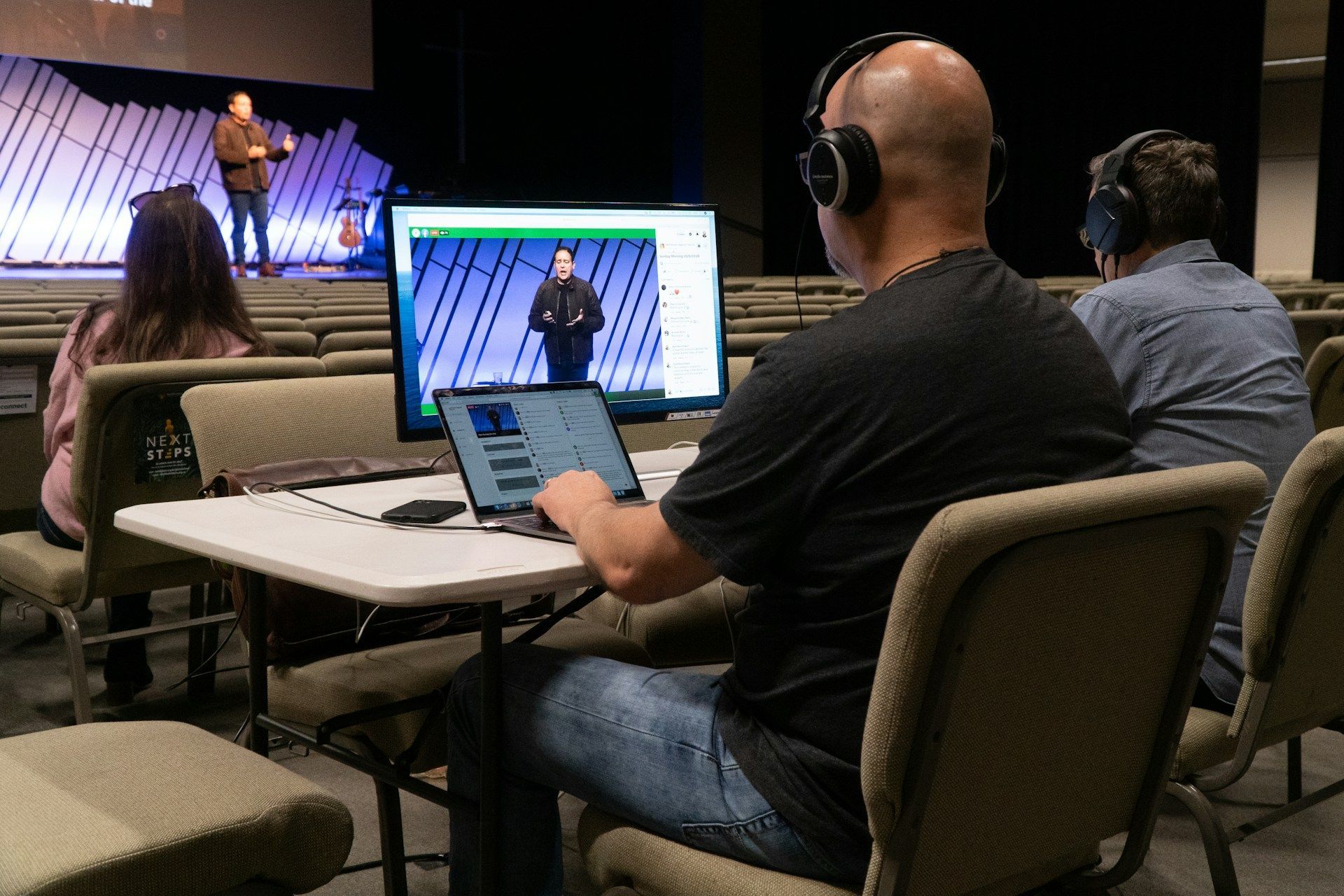SEO for Churches: Importance of a Mobile-Friendly Website
What does "mobile-friendly" mean for a church website? Is your church's website up to the task? In this post, you'll learn why it is important to have a mobile-friendly website and where to find local SEO experts for churches.
Determining What It Means to Be "Mobile-Friendly"
When accessed on a mobile device, a "mobile-friendly" website maintains its quality of design and performance (smartphone or tablet). A website is deemed mobile-friendly if it can be browsed on a mobile device without losing its appeal or usefulness.
Why Is It Significant?
The accessibility of church websites on mobile devices is critical. Our present culture is increasingly mobile, and individuals prioritize mobile convenience at an increasing rate.
According to recent data, the global prevalence of
mobile internet users has reached 64.3%. This indicates that mobile devices are used by far over half of the world's population to access the internet.
Furthermore, mobile devices account for about half of all internet activity. It's almost certain that someone will visit your church's website using a mobile device. Is your website up to date?
According to statistics, web visitors make rapid decisions about which websites to visit and whether it will be worthwhile to stay and read more in less than one second. Visitors will leave a church website if it is not mobile-friendly, and they will most likely go to another one.
What Are the Options for Upgrading?
So, how do you make your church's website responsive to mobile devices? The good news is that if you're a Faithworks Marketing customer, you probably won't have to deal with this! Most likely, your website is already mobile-friendly!
A few older websites hosted by Faithworks Marketing haven't been updated yet. We will gladly collaborate with you to complete this task with our digital marketing for churches.
If you're not a Faithworks Marketing customer, here are some suggestions for making your church's website mobile-friendly.
Make Your Website Mobile-Friendly in 12 Easy Steps
- Make your website mobile-friendly.
- Make it easier for people to find the information they're looking for.
- Remove text-blocking ads and pop-ups from your browser.
- Prioritize the speed of your website.
- Keep your website's design simple.
- Make your buttons big enough to work on a mobile device.
- Make huge typefaces a part of your design.
- Don't use the flash.
- Remember to include the Viewport Meta Tag.
- In Forms, turn off Autocorrect.
- Allow users to move to a desktop mode.
- Run mobile testing regularly.
In the end, a responsive UI can make a big difference. It's also good to think about your design plans from mobile users' perspectives. How densely should your text be packed? What size photos should you use? How big should your buttons be? These types of inquiries might help you get into the mindset of how users will engage with your website on their mobile devices.
Conclusion
The numbers speak for themselves: Internet users adore their mobile devices. Mobile-friendly websites have a better chance of engaging visitors and making a positive first impression than non-mobile-friendly websites. Determining whether your church website is mobile-friendly and then moving forward accordingly is an obvious first step toward making it an effective resource.
It's fantastic if your church's website is mobile-friendly. You can concentrate on improving other SEO aspects of your website. However, it's also fine if your church's website isn't mobile-friendly, as you have options for making it work well on mobile devices by working with digital marketing experts.
A familiar company with your organization will create custom websites for your church or non-profit. Faithworks Marketing creates and manages websites for nonprofits and churches around the United States, assisting you in attracting more visitors to your site and through your doors. Talk to our
local SEO experts for churches today!












